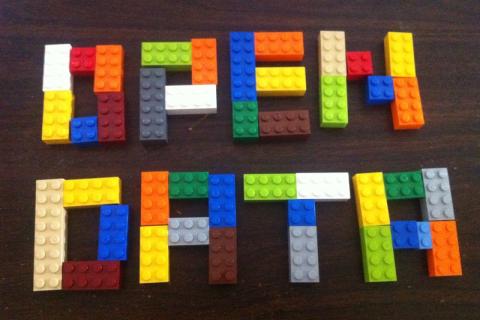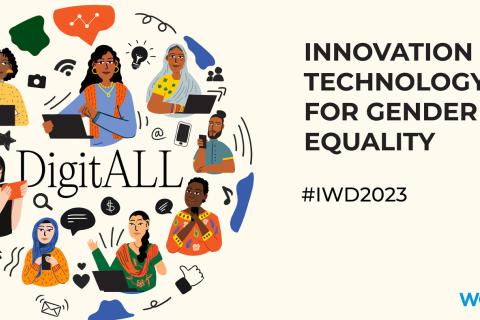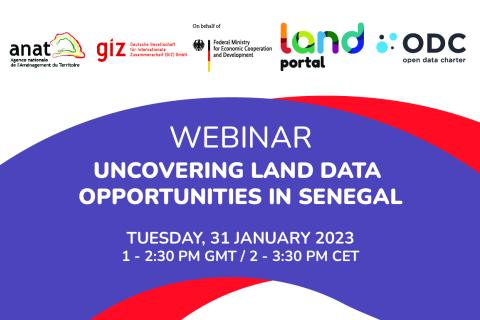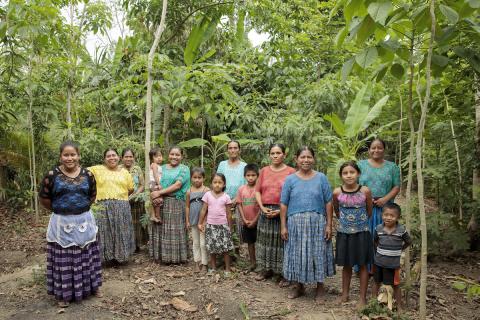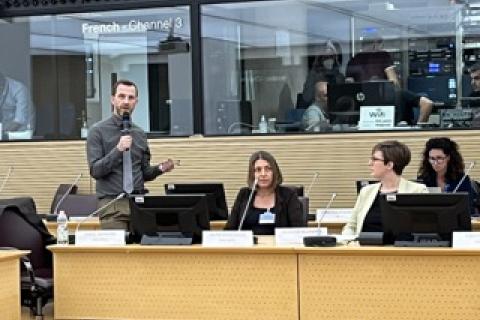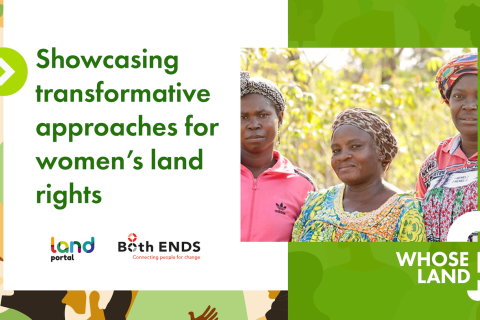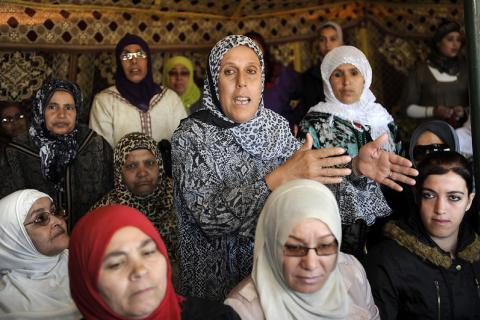The Land Portal Celebrates International Open Data Day 2023
One of our main goals and missions at the Land Portal is to help democratize the information landscape on land. More specfifically, the Land Portal Foundation was established to create, curate and disseminate land governance information by fostering an inclusive and accessible data landscape. This International Open Data Day, set to take place on March 4th, we invite you to read more of our latest content on our open data related!
Photo Credit: JustGrimes

